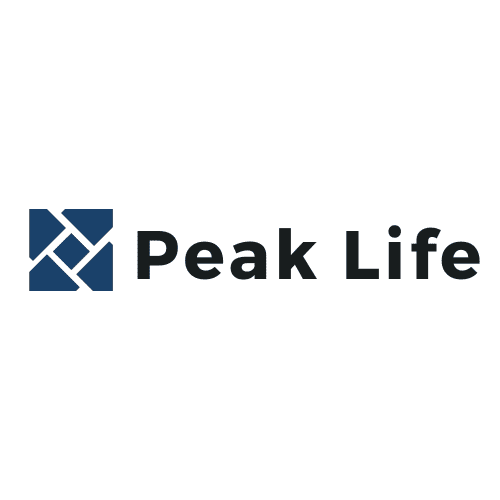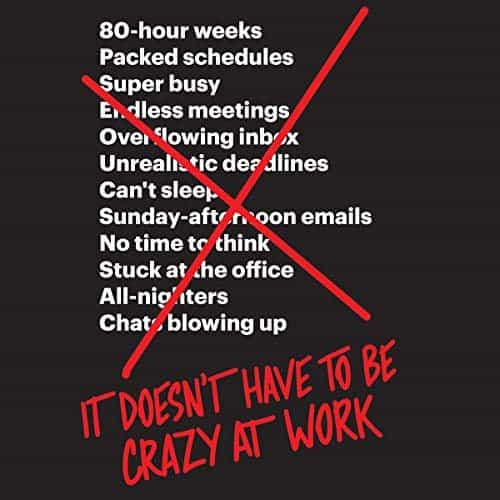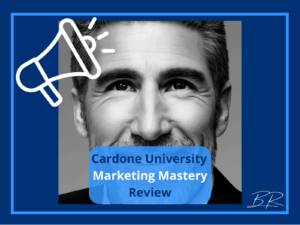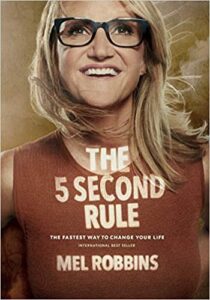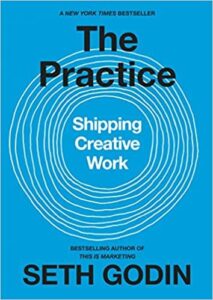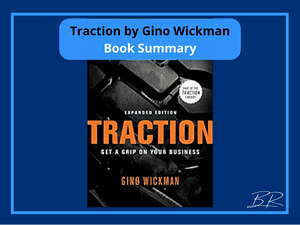It Doesn’t Have to Be Crazy at Work Summary
This post contains affiliate links that help supports this blog and cost you the exact same. If you do not wish to use affiliate links, then feel free to google the product.

Date Consumed: February 2022
You Should Read If: you are getting tired of the rat race and always having to work harder to try to stay on top. If you are looking for someone to say it’s okay to just do your best and try to make the world a better place.
ISBN: 978-0062874788
The Book in 3 Thoughts
- What if work wasn’t crazy? What if the business made a profit and everyone enjoyed their jobs? What if 40 hours a week was enough? What if we weren’t constantly being bombarded with chat requests, phone calls, meetings, and panic priorities? According to this book, work doesn’t need to be crazy.
- Many of the decisions businesses make are based on outdated logic and trying to keep every customer happy, often at the employees’ expense. This doesn’t have to be the case. Instead, a business can make decisions to serve the right customers while being a great place to work.
- You don’t need goals or plans or outwork everyone else or disrupt every industry. You don’t need a massive market share. Making a good product that helps make people’s day easier and better is enough.
Impressions and general feelings about the book
- It is overwhelming to see how much effort the great companies put in to stay great. But it is uplifting and freeing to read about how a company like Basecamp is solving a problem and making their customer’s world a better place while not running their staff to burn out.
- The notion that It doesn’t have to be crazy at work is all that is required to start rethinking what we have taken as gospel for far too long. When work is crazy it comes at the detriment of our own health and wellness.
- I loved how openly they talked about their shortcomings, how things aren’t perfect, and how they know that. By accepting that it will never be perfect, they don’t need to try to be perfect. Instead, they can choose what they want to be great at and let the rest go. Many of us would benefit from actively choosing where our time and attention go. Not only at work but also for the rest of our life.
How the book changed my mind
- This book, which, ironically, I read right after The hard thing about hard things made me rethink what I viewed as a success. Before this book, I was a firm believer in the mission and the business plan. But now I see there is a lot of understated value in going to work calm and looking forward to do an honest day’s job of good work.
- I would often get frustrated when bombarded by questions that coworkers could have figured out in five minutes on their own. But after this book, I realized I was to blame. They didn’t know of a better system, they didn’t know how to focus on the vital work, or that disrupting someone else was disrupting. I didn’t like the system, but I had/have the power to empower others and define a better system.
- This book is in stark contrast to many other business books. There appears to be a dichotomy in business and life, where we either have to choose to be the intense Type-A entrepreneur or the go-with-the-flow yogi. But there is no dichotomy. There is a sliding scale where we get to define what success means and how we show up and provide value to the world.
What I am going to implement immediately in my life
- I will focus on making sure not everything feels so difficult all the time. Yes, sometimes work and life is hard, and that struggle is okay. But it doesn’t need to be hard every day and every task. I can change my focus from always trying to do more to be content with doing enough.
- Commit to the long-term infinite game. I don’t need to have everything done today. Greatness in almost any realm takes many iterations and many failures, all of which take time.
- Being more mindful of the projects I say yes to. I seem to repeat the same pattern over and over. Without an ASAP looming deadline, I work on many projects that help others, but these constantly creep into the time I have to work on my own projects. I can bring more value and be less stressed by avoiding else requests when they come at the expense of my own work.
What I am going to stop doing immediately in my life
- Getting worked up when other people do a less than perfect job. Everyone is doing their best, and if their best is good enough, it is my job as a leader to improve it.
- Allowing interruptions throughout my day. Currently, I am not time-blocking, and because of that, I constantly get phone calls, slack messages, and emails coming in. I need to set aside blocks of time to focus on Deep Work without being bombarded with inputs and requests.
- I will stop spending all of my time in small chunks. Impactful work takes blocks of uninterrupted concentration. By not setting enough time aside for deep work, my work will always fall short of what I am capable of.
Top 3 Excerpts
Excerpt 1
A great work ethic isn’t about working whenever you’re called upon. It’s about doing what you say you’re going to do, putting in a fair day’s work, respecting the work, respecting the customer, respecting coworkers, not wasting time, not creating unnecessary work for other people, and not being a bottleneck. Work ethic is about being a fundamentally good person that others can count on and enjoy working with.
Excerpt 2
If you want to know the truth about what you’ve built, you have to ship it. You can test, you can brainstorm, you can argue, you can survey, but only shipping will tell you whether you’re going to sink or swim. Is this thing any good? Does it solve a real problem? Should we have made it better? Are we making what customers want? Is anybody going to buy this? Did we price it right? All good questions! But you can debate this internally forever. And many companies do. In the search for answers, they find anxiety instead. Second guesses, fear, and indecision fill the hallways in offices around the world.
Excerpt 3
We compromise on quality all the time at Basecamp. We launch features that aren’t good enough for everyone (but will be Just Fine for plenty of people). We duct-tape bugs when they’re not bad enough to warrant a true root-cause fix. We publish essays on our blog that may have a grammatical error or two. You just can’t bring your A-game to every situation. Knowing when to embrace Good Enough is what gives you the opportunity to be truly excellent when you need to be. We’re not suggesting you put shit work out there. You need to be able to be proud of it, even if it’s only “okay.” But attempting to be indiscriminately great at everything is a foolish waste of energy. Rather than put endless effort into every detail, we put lots of effort into separating what really matters from what sort of matters from what doesn’t matter at all. The act of separation should be your highest quality endeavor. It’s easy to say, “Everything has to be great,” but anyone can do that. The challenge lies in figuring out where you can be just kinda okay or even downright weak.
